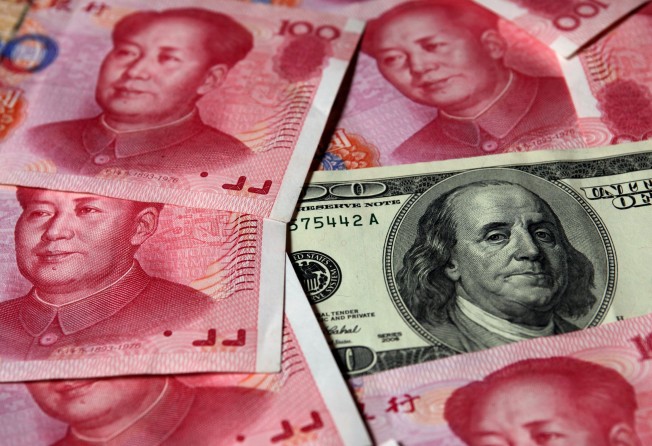
Eighty banks around the world, including 16 Chinese banks – which in total account for about 75 per cent by value of the world’s export payments – agreed to provide the GPI service or are in the process of implementing the service.

Financial technology is expected to help improve the speed, transparency and certainty of cross-border payments as China moves towards adopting global standards to internationalise the yuan, according to Michael Moon, SWIFT’s Asia Pacific head of payments markets.
He said more investment was needed, particularly by financial institutions serving the yuan, given that the currency is relatively young in terms of global use with smaller pools of liquidity compared to more established currencies such as the US dollar.
As such, it is arguably harder to manage yuan funds, he added.
China’s Belt and Road initiative is aimed at connecting Eurasian countries to boost trade and stimulate economic growth. But trading companies will experience hiccups in their business process if they are unable to track payments made to end suppliers or buyers in different countries, or are uncertain when their payments will be received.
Meanwhile, financial institutions also need to reconcile payment information to manage their liquidity positions, ensuring funds are available to meet payments made to beneficiaries of transactions.
“The key thing that needs to occur for the renminbi to have higher levels of usefulness or utility, is it needs to have connectivity around the world,” Moon said. “We see a role for financial technology in enabling and facilitating that last mile of renminbi connectivity.”

The GPI service uses a database of universal IDs, which allows tracking of payments across the world. The unique tracking reference also enables the underlying payment to be linked to other commercial and financial processes. For example, the tracking ID may be linked to exporting or importing of goods to clear customs. In other cases the payment’s tracking ID is linked to information about the bank financing, or can be linked to the export documentation itself.
Meanwhile, 29 bank globally are participating in a test for distributed ledger technology in one of SWIFT’s “sandboxes”. The results, expected at the end of the year, will demonstrate whether blockchain can be used by banks to reconcile their nostro databases more efficiently and in real time. Nostro refers to an account that a bank holds in a foreign currency with another bank.
About 20 to 30 per cent of the cost of cross-border payments is used for managing liquidity in different parts of the world, Moon said.